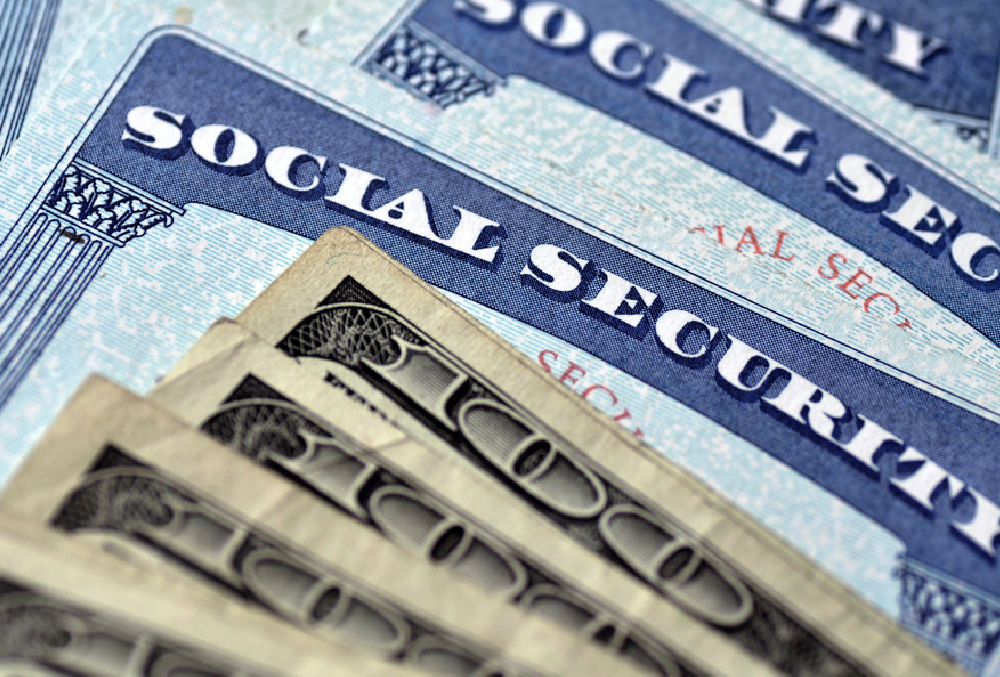It would be reassuring to think that government agencies never make mistakes, but like all huge entities–sometimes they do. The Social Security Administration sometimes makes the mistake of overpaying people so often that they have a formal procedure to follow when it happens, including forms ready to go when it is discovered.
Old Age and Survivors Insurance (OASI) provides benefits to qualified workers and their family members. It paid benefits to an average of 55 million beneficiaries each month in the fiscal year 2020.
OASI benefits were free from overpayment 99.80% of the time in 2019. This sounds encouraging unless you are one of the 440,000 people that it happened to.
The Supplemental Security Income (SSI) provides financial support to aged, blind, and disabled adults and children who have limited income and resources. It paid an average of 8 million beneficiaries each month in 2020.
SSI benefits were free from overpayments only 91.87% of the time. Therefore, these overpayments affected 650,400 recipients.
Reasons you may have been overpaid by the SSA:
- Your income is more than you estimated.
- Your living situation has changed.
- Your marital status has changed.
- You have more resources than the allowable limit.
- You are no longer disabled and continue to receive benefits.
- You do not report a change to the SSA (on time or at all) as required.
- The SSA incorrectly figures your benefits because of incorrect or incomplete information.
In 2020, the SSA recovered $3,809,475,353 of overpayments.
The normal procedure when you have been overpaid by the Social Security Administration:
1. You will receive a notice explaining the situation and requesting the overpayment be repaid within 30 days.
2. If you are still receiving payments and are not able to repay the entire amount, you will be presented with several options:
- The SSA could withhold the overpayment at the rate of the lesser of 10 percent or the entire monthly payment– you can contact them and negotiate an amount that you can afford each month.
- If you are not still receiving payments, you can send a check, or use a debit card, credit card, or your bank account. You can also contact the SSA and work out a monthly payment plan that you can afford.
3. If you don’t repay the money, the SSA has the following options to recover it from you:
- They can deduct it from your federal income tax refund.
- They can deduct it from your wages.
- They can take it from future SSI or Social Security benefits.
- In addition, the SSA will report the delinquency to credit bureaus.
4. If you disagree that you have been overpaid, you must file Form SSA-561 within 60 days explaining.
5. If you don’t necessarily dispute the amount, but don’t feel that you should have to pay the money back, you must file Form SSA-632 within 60 days to request a waiver. You will have to prove both:
- That the overpayment wasn’t your fault
- Paying it back would cause you financial hardship or would be unfair for some other reason. You may have to submit proof of your income, as well as bills to show that all of your income is used for your monthly expenses and that it would be a hardship for you to repay.
What Happens If You Are Filing For Bankruptcy and Owe A Repayment To The SSA?
Like all debts in bankruptcy, an automatic stay is put into place upon filing (the creditors have to leave you alone) for at least a period of time. Here is some good news: This debt will be discharged like your other unsecured debts in Chapter 7 Bankruptcy and can be treated like your other unsecured debts (added to your pro-rata payment schedule, then discharged at the end) in Chapter 13 Bankruptcy.
What’s the catch? Well, you can’t have committed fraud. That means that you can’t have knowingly received the overpayment and said nothing. The SSA would have to be able to prove that you knew or should have known that you were being overpaid. If this were the case, they could file a complaint called an adversary proceeding to attempt to have the Court declare the debt not discharged at the end of your bankruptcy.
The whole issue is complicated and riddled with labyrinthine laws, precedents, and procedures. An experienced bankruptcy attorney will be able to help you navigate the shoals of bankruptcy, including any issues you may have due to an overpayment by the Social Security Administration.
You may also be interested in reading our blog: Will I Lose My Social Security Benefits if I File For Bankruptcy?
At Sawin & Shea, LLC, we understand that hiring an attorney to help you file bankruptcy is scary. We are committed to providing compassionate and non-judgmental representation to all of our clients. Our attorneys have helped thousands of people just like you get the fresh start they deserve. We are here to help.
Schedule a free consultation with an attorney today at (317) 759-1483 to review your personal situation.



